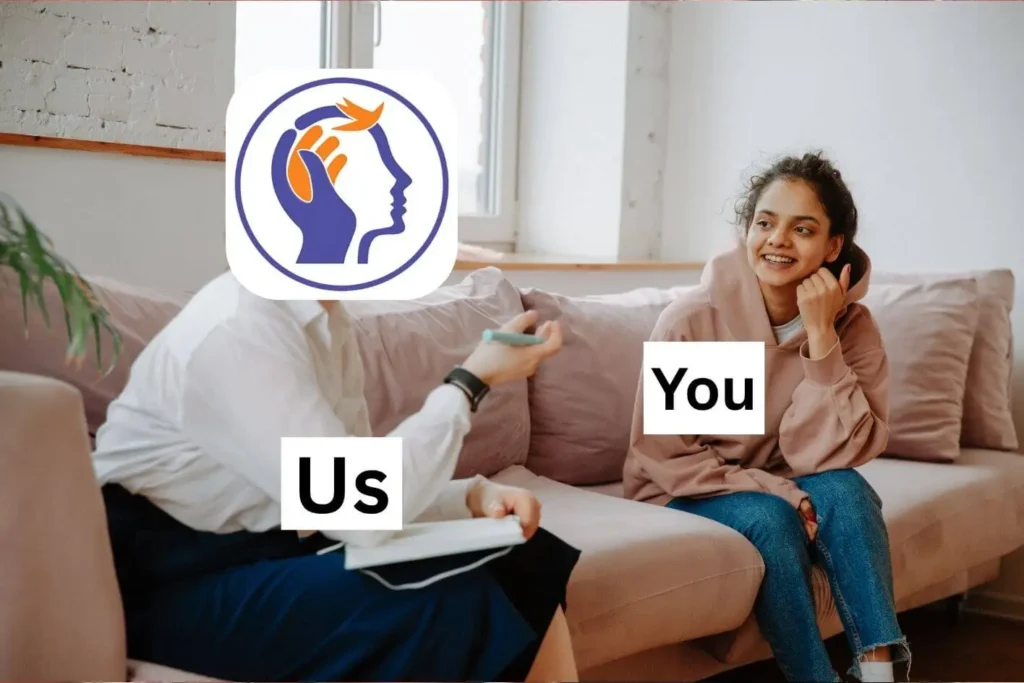In today’s digital age, the internet has become a huge part of our lives — especially for young people. From schoolwork to social media, and from gaming to streaming, the internet offers everything in just a few clicks. But too much of anything is harmful, and that includes screen time. That’s where internet addiction becomes a serious issue.
What Is Internet Addiction?
Internet addiction is a condition where someone spends too much time online and finds it hard to stop. It affects their daily life, health, mood, and relationships. Just like other addictions, it slowly takes control over the person’s time and thoughts.
Why Are Youth More Affected?
Young people, especially teenagers, are still learning how to manage time, emotions, and responsibilities. The internet gives them instant fun, escape from stress, and a place to feel accepted. But it also creates unhealthy habits.

Here’s why youth are more at risk:
- Social media pressure – Likes, followers, and constant comparisons.
- Online gaming – Long hours with friends or strangers.
- Fear of missing out (FOMO) – They feel anxious if they’re not online.
- Easy access – Phones and tablets are always within reach.
Why is Internet Addiction a Problem in Youth?
Here’s why internet addiction is a serious problem affecting young people:
1. Impact on Mental Health
- Increased Anxiety and Depression: Excessive internet use, especially social media, can lead to feelings of inadequacy, social comparison, and fear of missing out (FOMO), contributing to anxiety and depression.
- Sleep Disturbances: The blue light emitted from screens can disrupt sleep patterns, leading to insomnia and fatigue, which can further exacerbate mental health issues.
- Social Isolation: While the internet can connect people, excessive online interaction can replace real-life relationships, leading to feelings of loneliness and isolation.
2. Physical Health Consequences
- Sedentary Lifestyle: Spending hours online often involves sitting for extended periods, leading to a lack of physical activity and increasing the risk of obesity, cardiovascular problems, and other health issues.

- Eye Strain and Headaches: Prolonged screen time can cause eye strain, headaches, and blurred vision.
- Poor Posture: Slouching over devices can lead to back and neck pain.
3. Academic and Professional Performance
- Decreased Concentration: Constant notifications and distractions online can make it difficult to focus on studies or work, leading to poor academic or professional performance.
- Procrastination: The internet can be a major source of procrastination, as young people may spend hours browsing social media or watching videos instead of completing important tasks.

- Missed Opportunities: Excessive internet use can lead to missed opportunities for extracurricular activities, social events, and other experiences that contribute to personal growth and development.
4. Social and Relationship Problems
- Communication Difficulties: Over-reliance on online communication can hinder the development of face-to-face communication skills, leading to difficulties in building and maintaining relationships.
- Conflict and Arguments: Excessive internet use can cause conflict with family members and friends, especially if it interferes with responsibilities or leads to neglect of relationships.
- Cyberbullying: The internet can be a platform for cyberbullying, which can have devastating effects on young people’s self-esteem and mental health.
5. Exposure to Inappropriate Content
- Pornography and Violence: Unrestricted access to the internet can expose young people to inappropriate content, such as pornography and violence, which can have a negative impact on their development and behavior.
- Misinformation and Fake News: The internet is rife with misinformation and fake news, which can be difficult for young people to distinguish from credible sources, leading to confusion and distorted perceptions of reality.
Signs of Internet Addiction in Youth
Worried your child or teen might be addicted? Look out for these signs:
- Spending hours online every day, even at night.
- Getting angry or anxious when internet is not available.
- Ignoring school, hobbies, or family time.
- Poor sleep or irregular eating habits.
- Saying “just 5 more minutes” but using it for hours.
What Can Be Done?

Addressing internet addiction requires a multi-faceted approach involving parents, educators, and young people themselves.
- Awareness and Education: Raising awareness about the risks of internet addiction and educating young people about responsible internet use is crucial.
- Setting Limits: Parents should set clear limits on screen time and encourage alternative activities, such as sports, hobbies, and social interaction.
- Open Communication: Creating an open and supportive environment where young people feel comfortable discussing their concerns about internet use is essential.
- Seeking Professional Help: If internet addiction is severe, seeking professional help from a therapist or counselor may be necessary.
Conclusion
Internet addiction in youth is a growing problem that poses significant risks to the physical, psychological, and social well-being of young people. By understanding the causes and consequences of internet addiction, and by taking proactive steps to address it, we can help young people develop healthy relationships with technology and thrive in the digital age.
At Manchaitanya Mind & Health Care Centre, we help youth and families understand digital habits, reduce unhealthy patterns, and build a healthy balance between online and offline life. If you or someone you know is struggling, reach out to us.






